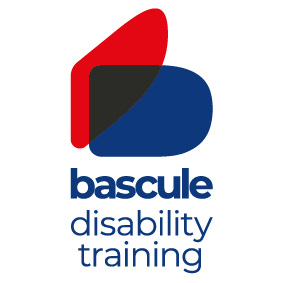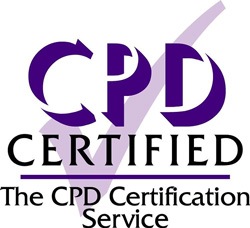Are your staff the reason that disabilities are hidden?

Whenever I work with a large organisation, I always ask, ‘how many people with a disability do you employ?’ To which, they usually respond with a very small percentage, often as low as one. I then ask them if they are certain about that number, given that 23% of all working adults have a disability, and 80% of those are non-visible.
It’s then that they realise that answering this question requires an assessment of their workplace culture, not just a simple head count.
Why? Because the truth of the matter is, an employee won’t reveal their disability if they feel uncomfortable doing so, and if that’s the case- there’s a problem.
Or rather, there’s a few.
The impact of hiding a disability
To some, the idea of hiding a disability on a daily basis may sound unrealistic or unlikely, as it would make life incredibly difficult, challenging, and stressful- but sadly, it’s a lot more common than you think. In recent research from Bupa, it was found that two in five (43%) of employees with a non-visible disability made the decision not to mention it to their employer.
Of course, it’s worth pointing out that there is no legal obligation or requirement for people to be open about disability, and if they choose to keep it private, that is their choice. The reason for the privacy is important though as in many cases, hiding a disability can hugely impact a person’s work life, as the reasonable adjustments that an employer is obliged to make remain unavailable to them. A recent US study proved this finding that that employees that disclose are:
- More than twice as likely to feel happy or content at work than those who have not disclosed (65% versus 27%),
- Less likely to regularly feel nervous or anxious than those who have not disclosed (18% versus 40%)
- Less likely to feel isolated than those who have not disclosed (8% versus 37%)
So, what’s the reason behind the secrecy?
Further research from Bupa revealed that 30% of respondents didn’t want to cause a fuss with colleagues, 25% didn’t want to be treated differently and 23% said they had worries that they would not be believed.
Seeing a pattern? It seems that all the key issues around openness and disability are built around the attitudes, reactions and perceptions of colleagues and managers.
So how do we change this?
Well, firstly organisations need to start by creating a meaningful strategy to make disability more prominent within their culture, and their ED&I policies.
Most importantly, they should begin by creating opportunities for all staff (throughout the hierarchy), to gain an improved awareness of disability, so that everyone has a firmer understanding of it, and won’t make someone feel like they are ‘fussing’, when they reveal it. That they accept disability without ‘treating someone differently’, and recognise, understand and ‘believe’ their colleague has an impairment.
Investment in Awareness
‘People’ are often cited as being a business’s most precious asset, so why wouldn’t you invest in the improvement of how your staff treat each other? It will after all, allow you to create a more knowledgeable, empathetic, understanding and efficient workforce.
Raising awareness will encourage people to be confident and comfortable discussing their disabilities. It also helps colleagues to be more understanding, whilst also helping people with disabilities to gain the support they need to improve their working lives. Most people don’t mean to say things that upset other people, but a lack of knowledge creates a breeding ground for potential misunderstandings.
If a staff member hides a disability, it can impact attendance, their mood, they may be forgetful, stressed, be in pain, fatigued and they may even work excessively to try and compensate for something. All of which will be hugely detrimental to both them and their performance.
The secrecy is also known to potentially endanger an employee’s health, as it was found that in an attempt to avoid telling bosses about a condition, people with less visible disabilities report working even when not feeling well enough (55%) or taking holiday to attend medical appointments (26%).
Positive action
If however, people with a disability see an employer’s growing dedication to disability awareness, inclusivity, and the education of staff members around them, this will have an immediate positive effect.
I know this because I have seen it happen on several occasions. Often, when I provide awareness training for larger groups, I ask if anyone present has a disability. On many occasions someone has raised their hand- revealing before their peers for the first time, that they have a disability.
An awareness training session gives people an immediate sense of openness and confidence. It sends a signal that says – ‘disability is something my employer cares about- and now that my colleagues understand it better- I’m ready to share’.
So, if you are considering where to begin your journey in becoming a more inclusive organisation, if you want staff to bring their best selves to work, and openly talk about their disabilities, then the first step is awareness.
Change people’s mindset, and then everything else falls into place.
I’ll leave you with a quote from a client, whose staff member revealed a disability after one of our awareness training sessions.
Chris Jay, MD
Bascule Disability Training
“We were very pleased to find that shortly after the training, a staff member felt comfortable enough to come to me and disclose the fact that they had a hidden disability. This knowledge has been very useful to us. It also proves that awareness makes staff feel more at ease and more comfortable in disclosing any disabilities they may have. We can now improve the working conditions or environment according to our team’s needs and, if necessary, make allowances to help them work in a way that best suits them. The training with Chris opened up the floor for these kinds of conversations.”UK HR Manager, Critical Software, Jennifer Carter




